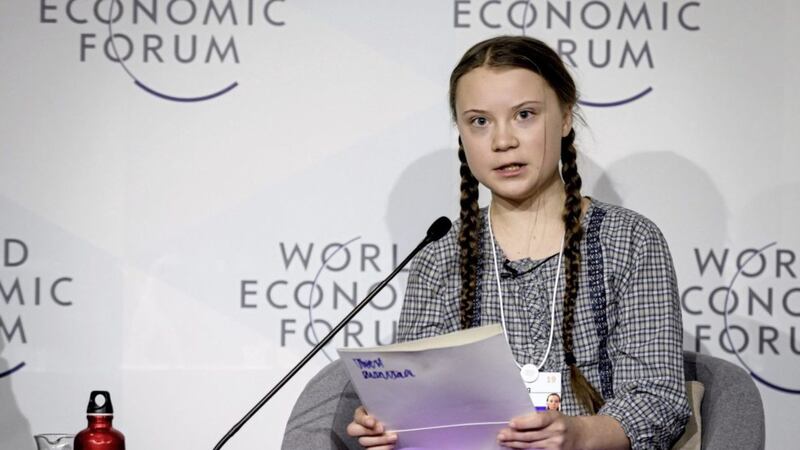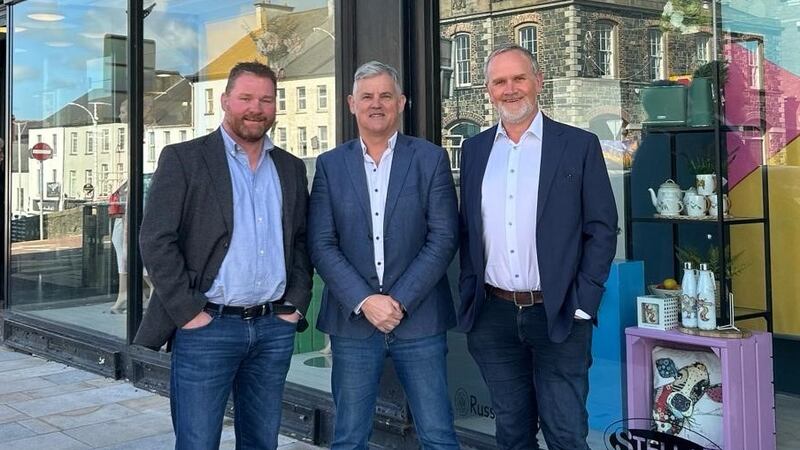CAUSE-related marketing – the cooperative efforts of a for-profit business and a non-profit organisation - certainly isn’t new. American Express first coined the term in 1983 when they campaigned to restore the Statue of Liberty. Indeed, we’ve been talking about ethics in marketing for perhaps even longer than that, and now more than ever.
The latest development in a long line is sustainability in marketing – in fact, in 2019 alone, CIM has discussed plastic-fighting initiatives from supermarkets, sustainable fashion and increased regulation, developments that have arisen in what’s being called the 'Blue Planet effect'.
As these are undoubtedly issues of public concern, businesses need to take note. Collins Dictionary named ‘single-use’ the word of the year for 2018, with ‘vegan’ and ‘plogging’ (the act of combining jogging with litter picking) following closely behind on the list of words on the rise.
However, while consumers might be discussing the need for environmental sustainability at length, are they ready to act on it?
How big is the consumer appetite for cause-related marketing?
In very recent times, we've seen a renewed groundswell in public concern for climate change and a growing desire among consumers to change their habits. Greta Thunberg, for example, has pushed this matter high up on global agendas and generated international discussion, with calls for action in the media and across the internet.
Central and local government are also marketing strong environmental, health, social and wider sustainability messages and policies, with a view to influencing positive behaviour change.
Since the introduction of the carrier bag levy in Northern Ireland in 2013, consumers have significantly changed their behaviour. Compared with figures in 2012, the circulation of single use carrier bags had dropped by 67.1 per cent by 2018. Consumers here are also increasingly embracing food and household waste recycling.
If consumers want to make positive choices about the products and services they use, it seems logical that businesses should take steps to make these choices as readily available as possible, and this will in turn pay dividends.
We are also now seeing businesses adapting and responding to this consumer appetite. Ikea is making progress towards its goal of achieving 100 per cent of its products being recycled or renewable by 203.
Even the smaller changes count, such as George Best City Airport in Belfast providing a free water dispenser, so that customers can refill their own reusable bottles. More cafes are also offering discounts to customers who bring their own reusable coffee cups.
The sustainable route, whilst it may be applauded by consumers in principle, might unfortunately continue to be the one less travelled unless the convenience and the price matches or betters a product’s ice-cap-melting counterpart. Getting to a place where these options are both convenient and cost-effective is, for many businesses, still a much bigger battle.
In light of changing attitudes and behaviour among consumers however, this battle is well worth the effort, as the opportunity for growth is huge.
:: Eileen Curry is chair of CIM Ireland








